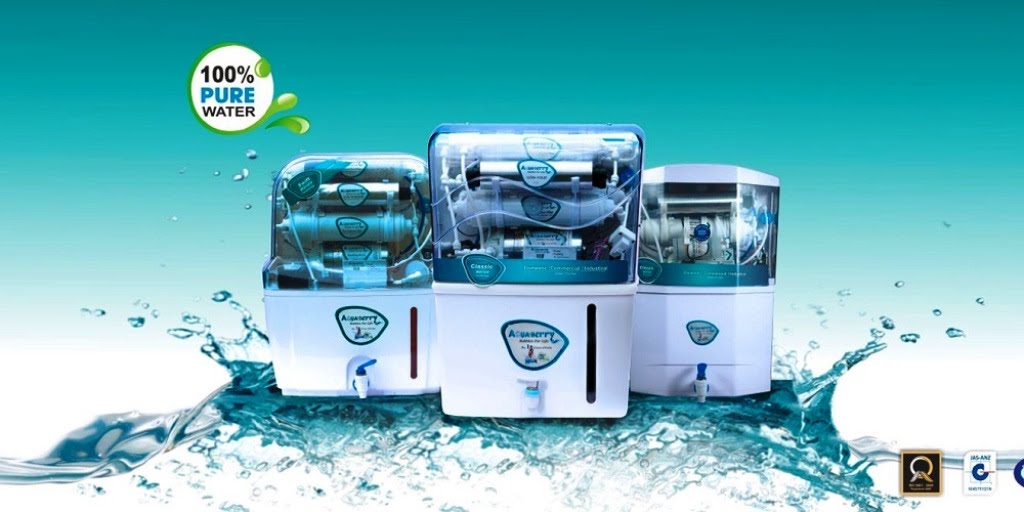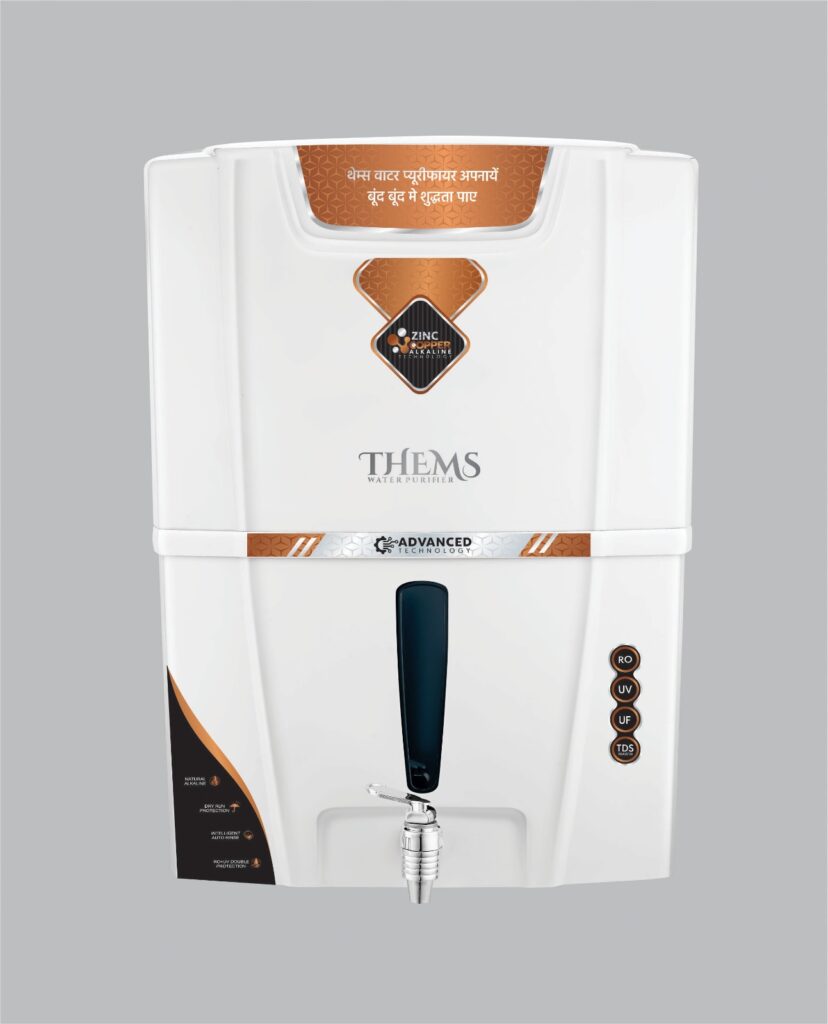


Hard water is a prevalent issue across many regions in India, characterized by high concentrations of minerals like calcium and magnesium. While not harmful in small quantities, prolonged exposure to hard water can lead to various household and health challenges. Fortunately, advancements in water purification technology, particularly Reverse Osmosis (RO) systems, offer effective solutions to mitigate these problems.
Understanding Hard Water
Hard water contains elevated levels of dissolved minerals, primarily calcium and magnesium. These minerals can accumulate over time, leading to scale buildup in pipes, appliances, and fixtures. The hardness of water is typically measured in parts per million (ppm) or milligrams per liter (mg/L), with levels above 120 mg/L considered hard.
Impact of Hard Water
1. Household Appliances and Fixtures
Hard water can cause scale deposits in appliances like water heaters, washing machines, and dishwashers, reducing their efficiency and lifespan. Fixtures such as faucets and showerheads may also experience reduced water flow due to mineral buildup.
2. Laundry and Cleaning
Clothes washed in hard water may feel stiff and appear dull due to mineral residues. Additionally, soaps and detergents are less effective, leading to increased usage and higher costs.
3. Skin and Hair Health
Bathing in hard water can leave skin feeling dry and itchy, and hair may become brittle and lackluster. The minerals in hard water can strip natural oils from the skin and hair, leading to discomfort and potential dermatological issues.
Health Considerations
While hard water is not typically harmful to health, excessive intake of calcium and magnesium may contribute to the formation of kidney stones in susceptible individuals. Moreover, the unpleasant taste of hard water can deter adequate hydration.
Role of Water Purifiers in Addressing Hard Water
Reverse Osmosis (RO) Technology
RO water purifiers are highly effective in treating hard water. They use a semipermeable membrane to remove dissolved minerals, reducing water hardness and improving taste. This process ensures that the water is safe for consumption and suitable for household use.
Benefits of Using RO Water Purifiers
- Improved Taste: By removing excess minerals, RO purifiers enhance the taste of water.
- Appliance Longevity: Reduced mineral content minimizes scale buildup, extending the life of appliances.
- Better Skin and Hair Health: Softened water is gentler on skin and hair, reducing dryness and irritation.
- Efficient Cleaning: Soft water improves the effectiveness of soaps and detergents, leading to cleaner laundry and dishes.Croma+2Livpure+2A. O. Smith India+2DrinkPrime
Choosing the Right Water Purifier
When selecting a water purifier to combat hard water, consider the following factors:DrinkPrime
- Water Hardness Level: Test your water to determine the degree of hardness.
- Purification Technology: Opt for purifiers that combine RO with other technologies like UV or UF for comprehensive purification.
- Maintenance and Filter Replacement: Ensure that the purifier is easy to maintain and that filters are readily available.
- Water Wastage: Choose models designed to minimize water wastage during the purification process.
Waterix Solutions for Hard Water
At Waterix, we offer a range of advanced water purifiers equipped with RO technology to effectively treat hard water. Our products are designed to provide safe, great-tasting water while protecting your appliances and enhancing your overall well-being.
Conclusion
Hard water poses several challenges, from damaging appliances to affecting personal health. Implementing a reliable water purification system, particularly one utilizing RO technology, is an effective strategy to mitigate these issues. By choosing the right water purifier, you can ensure access to clean, soft water, safeguarding both your household and health.
Contact Waterix today to find the perfect water purification solution tailored to your needs.





 Home
Home  Whishlist
Whishlist  Compare
Compare  Checkout
Checkout